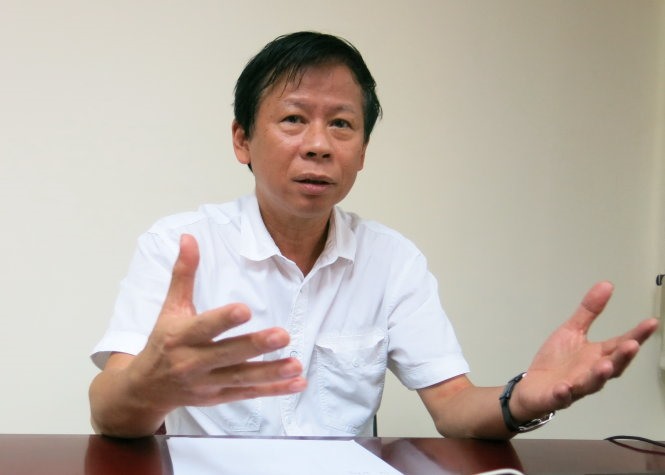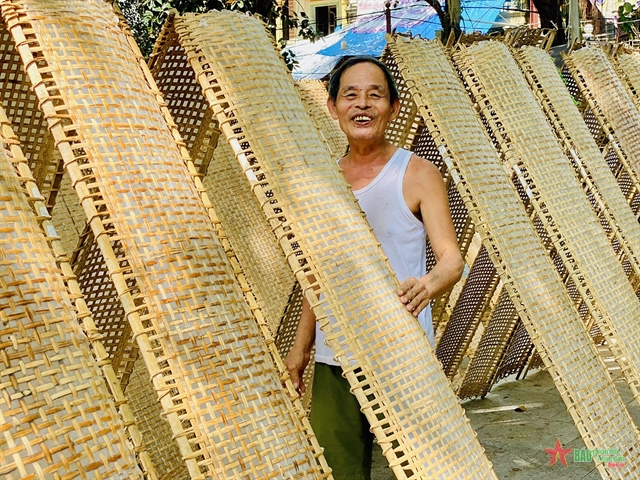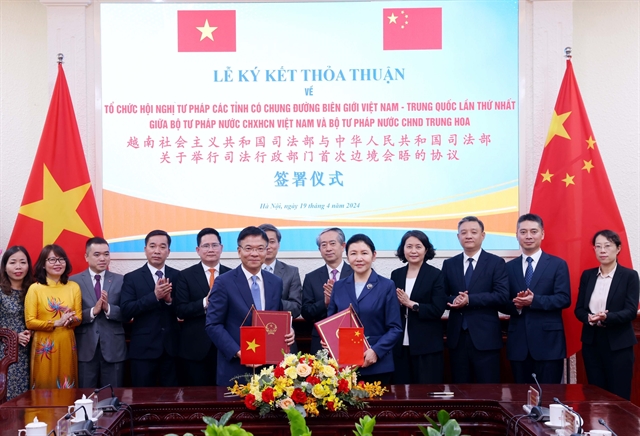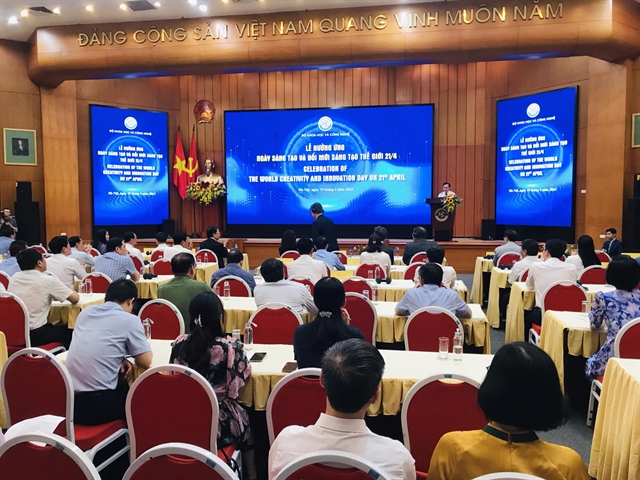 Opinion
Opinion

Dr Đặng Kim Sơn, an expert in agriculture speaks to the Tuổi Trẻ (Youth) newspaper about the national programme on Building New Rural Areas.
 |
| Dr Đặng Kim Sơn. |
Dr Đặng Kim Sơn, an expert in agriculture speaks to the Tuổi Trẻ (Youth) newspaper about the national programme on Building New Rural Areas.
The national programme on Building New-Style Rural Areas has been underway for five years, but farmers’ living conditions have not changed much. Why?
The Resolution “Agriculture, Rural Area and Farmers” and the National Targeted Programme have created a big change in Vietnamese people’s awareness of the countryside.
In the past, when people talked about agriculture, they only mentioned its economic value. But nowadays, they talk about many other aspects of life, including the environment, living conditions of farmers who account for more than 70 per cent of the country’s population, land aggregation, rural children’s schooling, healthcare and more.
However, at the macro level, when people talk about rural development, they mainly focus on infrastructure development and how the government should fund it. But things that farmers face in their daily life like having children and where to send their siblings to study and others seem to be forgotten. This is a key reason why many farmers have left their native land to work elsewhere to cover their children’s schooling and their families’ expenses.
In other words, many of them don’t know what their future will be or if they have any place in the future society.
Do you think that during the implementation of the rural programme how to help farmers improve their income has been forgotten?
The economic development model where industry and urban development were considered as the driving force has seriously slowed down rural development. That gap has been further widened by climate change and international integration. In other words, both our internal strategy and the international situation have not been in favour of people in the countryside. Principally speaking, everyone agrees that we must narrow the gap between rural and urban areas, between the low land and highlands and others. If we follow the old principle of developing urban areas and industry first and use tax revenues and policies to invest in the countryside it will only widen the gap between urban and rural areas.
What should we give to rural areas besides resources?
I don’t think farmers need that kind of assistance. They have their ability, but conditions are not in place for them to succeed. In my opinion, it is important to provide them with conditions to help them overcome challenges, stand on their own feet and make money to expand production.
I’m confident that when good opportunities are available for farmers and businesspeople they will do their jobs in accordance with the market economy. It is time for the government to lift complicated policies in land use rights as well as science and technology management in rice exports.
If farmers want to leave their land and enterprises don’t want to invest in rural areas, I suggest the government review their policies to see if there are any improper elements in them.
Do we need to make changes in our mentality in the policy of building new rural areas?
Yes! Our current objectives in building new rural areas will become outdated in the future. Rural development should be a motivation for farmers to become rich, first of all with support from the Government, investment from enterprises and connectivity and co-operation of the entire economy.
Experiences from international partners, particularly in East Asia, have shown the countryside and city can only be connected through ‘pervasive development’ and ‘inclusive development’. In other words, the urban economy and society must be interlinked with those in the countryside, with industrial production hubs while services must be linked with agriculture.
Should the State create a way for farmers to become a part of an advanced society?
Both the State and people have to change their thinking. The concept of new rural areas will be subject to change. I’m pretty sure that in the near future people living in the countryside will drop from 70 per cent at present down to 20-30 per cent. The current movement of land aggregation will make agricultural production more mechanised and many farmers will switch to non-farm work.
A change in ideology and awareness will lead to a change in behaviour, lifestyle and working manner of people in the countryside. This is a basic measure to help farmers stand on their own feet and become masters of the nation. — VNS









